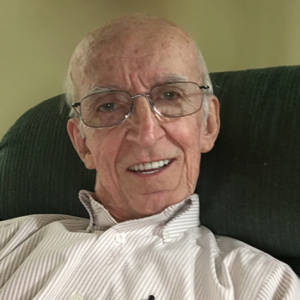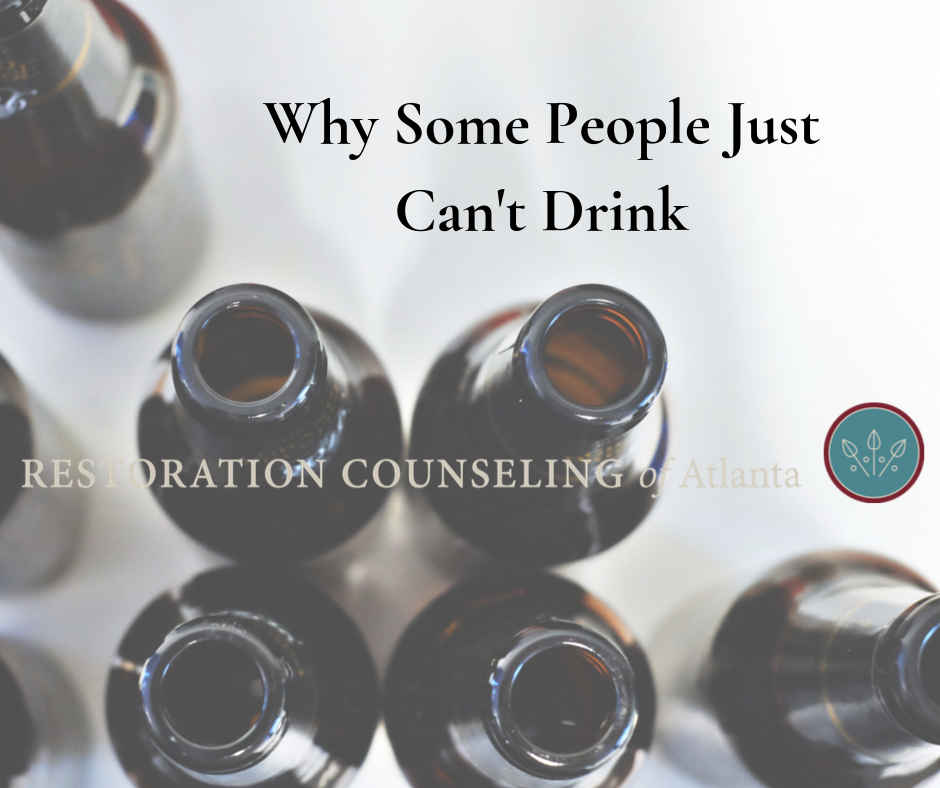Why can’t I have an occasional drink?
People who have been diagnosed with an alcohol use disorder often ask this question: why must I never drink again? It’s not an unreasonable question. For every person who is told he cannot drink, there are nine others who get to enjoy the relaxing pleasure of an occasional glass of wine over dinner or a couple of beers at a ball game with friends. Somehow it doesn’t seem fair.
The fact that pleasant activities have been denied to some and enjoyed by others may seem unfair to those who appear not to have been there when the good stuff was being handed out. Some lack the talents that others have. Some are able to learn things faster and perform better. We all know someone who learned to play the piano or shoot a basketball easily and quickly while after years of trying we never got the hang of it. These gifted ones have different learning abilities or genetic predispositions that enable them to easily learn different things. Sadly, there are those who are predisposed to easily learn to be alcoholics.
What is Alcoholism?
Alcoholism is a complex of learned beliefs, thoughts, feelings, and actions from which the brain constructs a pattern of behavior. This pattern is like a computer program or like an automobile engine whose many parts seem to run automatically and effortlessly once it is turned on because all the parts are interconnected. The same applies to alcoholism. There are things we know and do without having to consciously think about them. This is because the entire system with all its components has been permanently placed in the part of the brain where long term memories are stored. We call a system that is stored there a habit, and when it is active the brain may be said to operate on automatic pilot.
A person prone to addiction learns to be alcoholic just as a child learns to ride a bike. Like bike-riding which is a combination of pedaling, balancing, steering, and enjoying the ride; alcoholism is also made up of a number of learned parts. What’s more, if you are alcoholic, just as with riding a bike, you will never forget what you learned.
If, having learned to ride, for some reason you decided to be done with bike-riding, it would be imperative that you never get on a bike again. If you did, in order to keep from falling, you would have to push just one pedal down, activate your balancing skills, steer the bike, and sure enough, you’d be bike-riding.
Components of Alcoholism
The learned components of alcoholism are: (1) anxiety means danger is present; (2) alcohol makes the anxiety go away; (3) alcohol makes you feel good; and (4) if the anxiety is gone and I’m feeling good, there’s no need to do anything about the danger. These components are essential to alcoholism. To deactivate this unforgettable paradigm, you must remove the only component you have control over: the drinking. (Getting on the bike.)
Having done so, you are no longer an “active” alcoholic. However, a set of components that function together as a system has been learned and recorded in the brain with other things such as driving a car or catching a ball thrown at you. These systems produce behaviors that do not require awareness of what we are doing. Because the alcoholic system is one of the things you will never forget, you will always be an alcoholic and the system remains subject to reactivation.
Now, back to the question of why the alcoholic must not even have an occasional drink.
If even a small amount of alcohol crosses the neurological blood brain barrier, it will activate the alcoholism by telling the brain that alcohol is present. Since alcohol consumption is connected to anxiety and a sense of danger and the experience of pleasure; the brain responds by activating all these components at once. The unconscious part of the brain that has stored what it has learned concludes that if alcohol is present, there must be danger even when there is none, which leads to anxiety and to more drinking to relieve it as well as to feel better.
At this point the components of the addiction: perceived danger, anxiety, alcohol, and pleasure-seeking are up and running as smoothly as a well-oiled machine, and although they don’t necessarily surface in the order in which they were learned, they lead to the same conditions that made it a good idea to quit in the first place.
The Good News
There is good news, and it isn’t that we’ve found a way for alcoholics to drink again. The good news is that we can learn new ways of enjoying life without relying on a system which clearly does not work for us. If you know someone who is struggling with a system that just isn’t working for him, urge him or her to reach out to the staff at Restoration Counseling of Atlanta where he or she will discover:
Someone cares …
 Written by: Patrick Caffrey, LPC
Written by: Patrick Caffrey, LPC
Roswell location
pat@restorationcounselingatl.com, ext. 114
Patrick Caffrey, LPC is a therapist at Restoration Counseling of Atlanta in Roswell, Georgia, where he counsels adults who struggle with alcoholism and other forms of substance abuse, as well as related family issues. These include adult children of alcoholics (ACOA) and persons who are codependent. Pat has also written and published three books addressing the subject of addiction. His books are available through www.amazon.com or may be purchased at the Roswell office.

